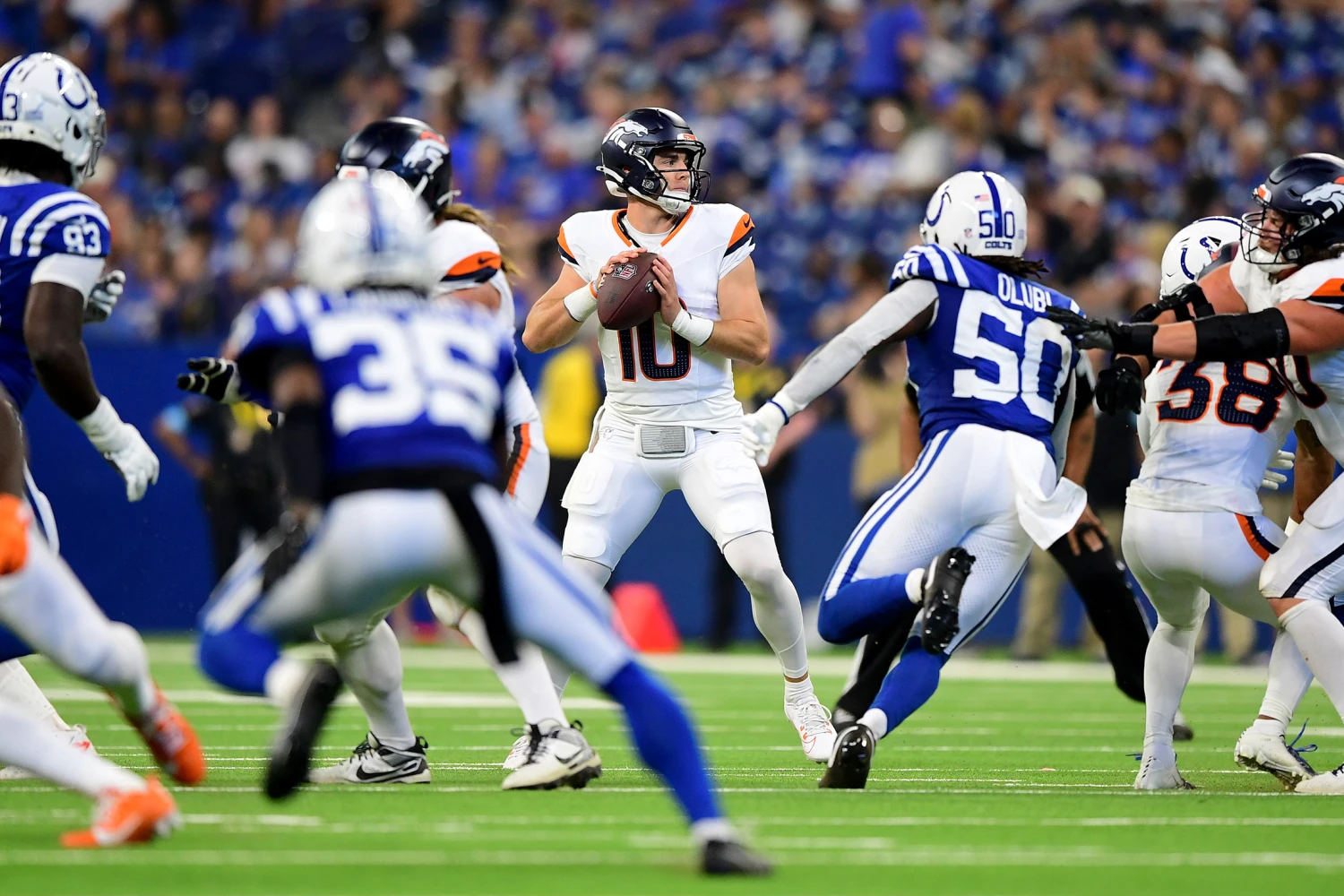NFL Sundays are a tradition across the United States. Fans pack bars, living rooms, and stadiums to cheer on their favorite teams, and millions of bettors place wagers hoping to cash in. With so many games happening on the same day, it’s easy to get caught up in the action. One bad pick in the early slate can push bettors into chasing losses during the afternoon games or the primetime matchup. This cycle, known as the “Sunday chase,” has caused many bankrolls to disappear faster than a fourth-quarter lead.
Also Read: Billy Gillispie: Why Tarleton State coach has been placed on leave
The truth is, betting the NFL isn’t just about picking winners, it’s about managing money. Proper bankroll management ensures you survive the ups and downs of the season without blowing your budget on one wild weekend. In this guide, we’ll break down the fundamentals of bankroll management during NFL season, explain why the Sunday chase is dangerous, and give you practical strategies to stay disciplined from September kick-off to the Super Bowl.
Why bankroll management matters in NFL betting
The NFL schedule is unique compared to other sports. With most games packed into Sundays, bettors often face dozens of opportunities in a single day. Without discipline, it’s easy to place too many bets or double down after an early loss.
Bankroll management protects you by:
- Limiting risk: Ensures no single wager drains your funds.
- Extending your season: Keeps you in the game week after week.
- Helping discipline: Prevents emotional decisions after losses.
- Building consistency: Allows long-term growth rather than boom-and-bust swings.
What is the Sunday chase?
The “Sunday chase” happens when bettors lose money on early NFL games and try to recover by increasing their bets on later games. It’s driven by emotion, not strategy.
Example: A bettor loses $200 on a noon kickoff and immediately places $500 on the afternoon game to “win it back.” If that bet also fails, the damage is far worse than the original loss. Sportsbooks profit from this behavior, as rushed bets rarely align with smart handicapping.
Practical bankroll management strategies for NFL bettors
1. Set a season-long bankroll
Decide how much money you’re willing to risk for the entire NFL season before it starts. Think of it as entertainment money, not investment capital.
2. Use unit betting
Divide your bankroll into units (commonly 1–2% of total bankroll per unit). For example, if your bankroll is $1,000, one unit equals $10–$20. This prevents overexposure on a single bet.
3. Stick to flat betting
Rather than varying bet size based on “confidence,” keep wagers consistent. Flat betting reduces volatility and avoids the urge to double stakes after a loss.
4. Limit bets per slate
Don’t bet every game. Focus on a few well-researched picks instead of spreading your bankroll thin across the entire Sunday schedule.
5. Plan for losses
Even sharp bettors lose 45–50% of the time. Accept losses as part of the process and avoid trying to recover them in one day.
6. Track results
Keep a simple log of your bets, units, and outcomes. This builds accountability and helps you learn from mistakes.
The mental side of bankroll management
Managing money is only half the battle. Controlling emotions is just as important. The Sunday chase thrives on frustration and impatience. By committing to your bankroll plan ahead of time, you remove impulse decisions from the equation.
Some tips for mental discipline:
- Step away from live betting if you’re on tilt.
- Celebrate good bankroll decisions, not just wins.
- Treat betting as a long-term grind, not a one-day sprint.
Also Read: Betting on NFL player props: Touchdowns, passing yards, and more
FAQs
Q1: What percentage of my bankroll should I bet on each NFL game?
Most experts recommend 1–2% of your bankroll per bet. This keeps losses manageable and allows you to weather cold streaks.
Q2: Is it ever smart to chase losses during NFL Sunday?
No. Chasing usually leads to larger losses because decisions are made emotionally, not analytically.
Q3: How can I track my bankroll during the season?
Use a spreadsheet or a betting app to record units risked, wins, and losses. Reviewing your data weekly helps maintain discipline.
Q4: What’s the difference between bankroll management in NFL and NBA betting?
NFL has fewer games but heavier action on one day, making bankroll discipline crucial to avoid overbetting in a single slate. NBA betting is more spread out, so losses and wins balance across the week.
Q5: Can bonuses from sportsbooks help bankroll management?
Yes, if used wisely. Free bets and risk-free promos can extend your bankroll, but don’t rely on them as your main strategy.








